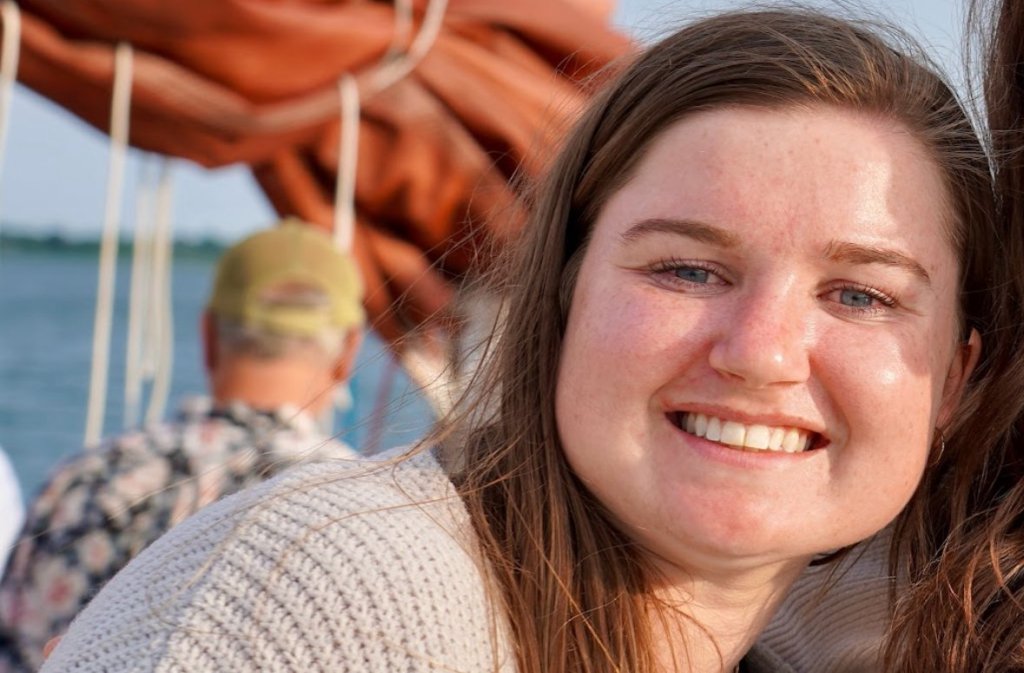Treatment And Recovery Strategies

Dr. Jeffrey Reynolds, president and CEO of Family and Children’s Association, on advising parents who feel hopeless about a child’s substance abuse issue: “The best advice is to make sure you’re connecting with other folks who are in a similar situation, to make sure you’re connecting with other folks who can provide ongoing support and guidance, and to not try to do this thing alone, because it’s next to impossible.”
John Venza, vp/residential services for Outreach, on getting people into treatment: The New York State Office of Alcoholism and Substance Abuse Services “created a great initiative that allows you to go to the dashboard on any given day and find out, around the state, what programs are available.”
Dr. Gregson Pigott, Suffolk County Department of Health Services, on methadone: “Methadone is the medication-assisted treatment that is not talked about, yet it is the one that is the most studied. It has the most efficacy in terms of getting people off illicit opiates and into recovery.”
Krystle Stoddard, a peer support specialist/recovery coach at Thrive Recovery Center, on training medical providers to be prepared to treat multiple issues: “The reality is not every provider feels qualified to be able to treat more than one thing. We’re going to need to be able to respond as providers,” she said, if the county wants to reach its goal of zero opioid overdose deaths.
Dr. Tomrul Tuzel, medical director, Behavioral Abuse and Substance Abuse Treatment, on how mental health issues create barriers for treating substance abuse disorders: “It takes a long wait to be able to see a psychiatrist. If you call up the numbers and programs we’ve given you, call them up and ask if you’re going to see a psychiatrist that day. They’ll say, ‘We’ll see you in two weeks after you’ve had 10 different intakes.’”
Derrick Robinson, District Court Judge, Suffolk County Drug and Mental Health Court, on how drug and mental health courts are evolving to further support recovery efforts: “We are looking at innovative strategies at all times. We are trying to now incorporate peer mentors into working with our participants. Individuals have to come to the drug court on a weekly basis and there is a lot of downtime while they are waiting to see the judge. Peer mentors can come and meet with them outside of the courtroom and talk with them and encourage them.”



